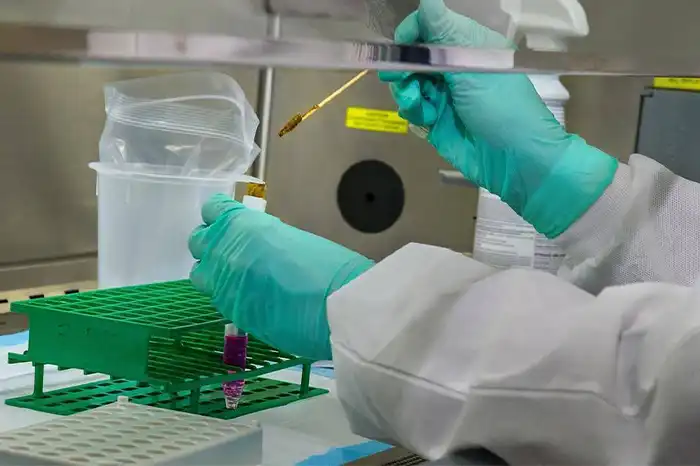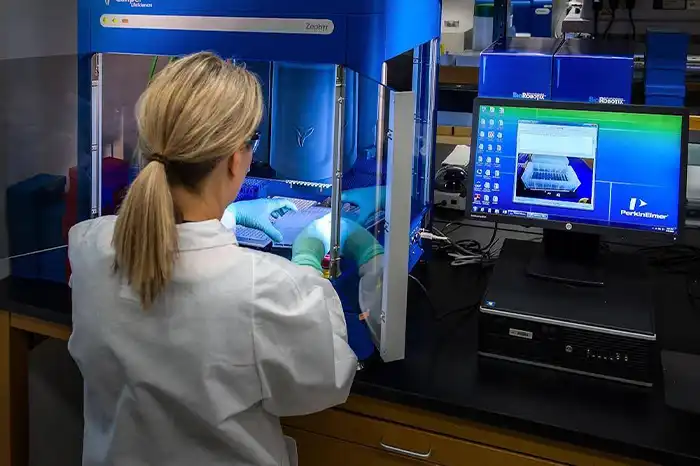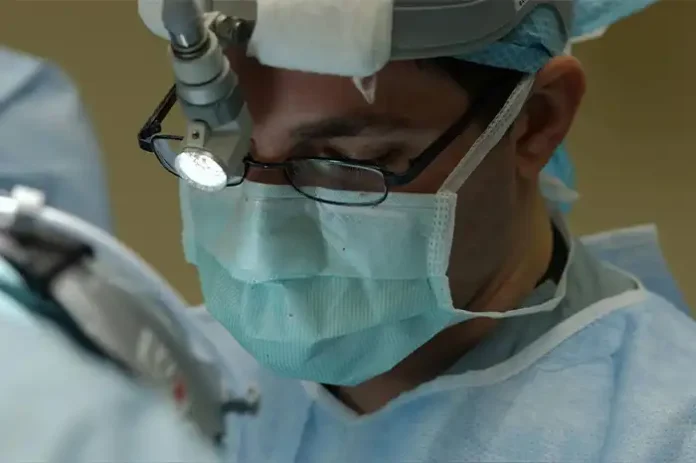The dynamic field of emergency medicine constantly seeks new methodologies to improve the efficiency and effectiveness of patient care. As medical emergencies unfold with urgency and unpredictability, incorporating innovative research, state-of-the-art tools, and validated best practices becomes imperative. Proactive efforts are pivotal in transforming emergency departments into environments where life-saving decisions are made with precision and speed. In this article, readers will unravel the latest resources for improving emergency patient care. Keep reading to uncover how these advancements redefine the frontline responses to critical health situations.
Cutting-edge Research in Emergency Medicine

The field of emergency medicine is no stranger to rapid evolution, a testament to the relentless pursuit of enhanced patient care. Rigorous scientific investigations yield valuable insights, directly influencing the critical minutes and actions that make a difference between life and death. Adept professionals within emergency departments rely on this burgeoning body of knowledge to inform their life-saving strategies.
The Emergency Care Research Institute (ECRI) is one of the organizations keenly invested in advancing emergency medicine by providing evidence-based research that shapes best practices and improves patient outcomes. Through its comprehensive analysis and dissemination of data, the institute’s contributions equip frontline medical staff with the tools to navigate complex clinical scenarios.
Accurate diagnostics are the cornerstone of effective emergency treatment, and research channels considerable effort into refining these procedures. Assessments that once demanded an onerous amount of time now benefit from technological advancements, fostering prompt, precise identification of patient conditions.
Notably, the emphasis on research extends beyond the clinical realm into the organizational plane. Efficient healthcare systems owe much to the meticulous study of workflows, patient management, and resource allocation, underscoring the multifaceted nature of research. Such findings guide emergency department reforms, leading to more streamlined patient experiences and outcomes.
A commitment to evidence-based practice necessitates a culture of continuous learning and adaptation among medical professionals. Research initiatives enable a responsive healthcare framework that is apt to incorporate novel findings into everyday emergency care.
Essential Tools and Technologies for Emergency Care

Emerging tools and technologies are revolutionizing the realm of emergency patient care, presenting new opportunities for efficient diagnosis and treatment. Smart medical devices and applications are streamlining the acquisition of vital signs, delivering instantaneous data to emergency personnel.
Telemedicine platforms have proven indispensable in extending the reach of emergency care. They allow specialists to consult on cases virtually when every second counts. This technology has remarkably improved access to expert care, particularly in rural or underserved areas.
Electronic health records have become a fundamental asset in emergency departments, ensuring that patient information is accessible and updatable in real time. This interoperability enhances the quality of care and mitigates the risk of medical errors during high-pressure situations.
Advances in imaging technologies, such as portable ultrasound and rapid CT scanners, have been instrumental in expediting critical diagnostic processes within emergency settings. These tools provide a non-invasive glimpse into the body’s condition, facilitating quicker decision-making by emergency clinicians.
Simulation training with sophisticated mannequins and virtual reality shapes the next generation of emergency care providers. It offers risk-free environments to hone skills and prepare for real-life emergencies. This hands-on approach to education underlines the significance of preparedness and proficiency in emergency medical practice.
Best Practices for Enhancing Patient Outcomes
Effective communication among healthcare professionals is paramount in optimizing patient outcomes in emergency settings. Clarity and speed in exchanging information can greatly reduce the chances of errors, ensuring that patients receive the right interventions at the right time.
Adherence to standardized treatment protocols emerges as a critical factor in patient survival and recovery. These rigorously tested and refined evidence-based guidelines lead to consistency in care and support the decision-making process during emergencies.
Training in crisis resource management empowers emergency personnel to perform under pressure. Maintaining composure and focus amidst the unpredictability of critical scenarios. Teams trained in these principles exhibit improved collaboration, resource utilization, and patient care efficiency.
Regular review and analysis of patient outcomes enable departments to identify areas for enhancement and incorporate changes that strengthen the quality of emergency care. This cyclical process of assessment and adjustment is vital for sustaining high standards in patient treatment and care delivery.
Incorporating patient feedback into the evaluation of emergency care services offers unique insights into their experiences and can unveil opportunities for improvement. This patient-centered approach aligns procedures and practices with the needs and expectations of those they are designed to serve.
Final Words
Overall, the integration of cutting-edge research, advanced technologies, and adherence to best practices is revolutionizing emergency patient care. Ensuring that healthcare providers are better equipped to respond to critical situations with precision and efficiency. By continually embracing innovation and evidence-based strategies, emergency departments can deliver superior outcomes, ultimately saving more lives.





